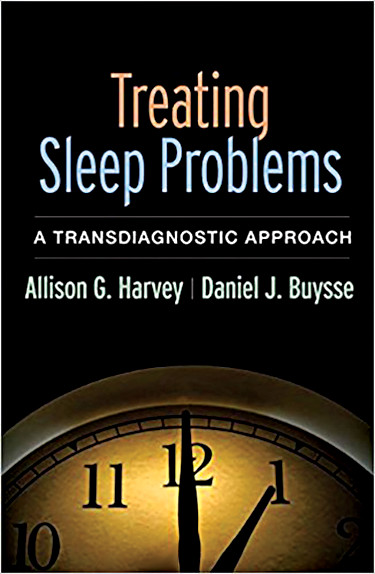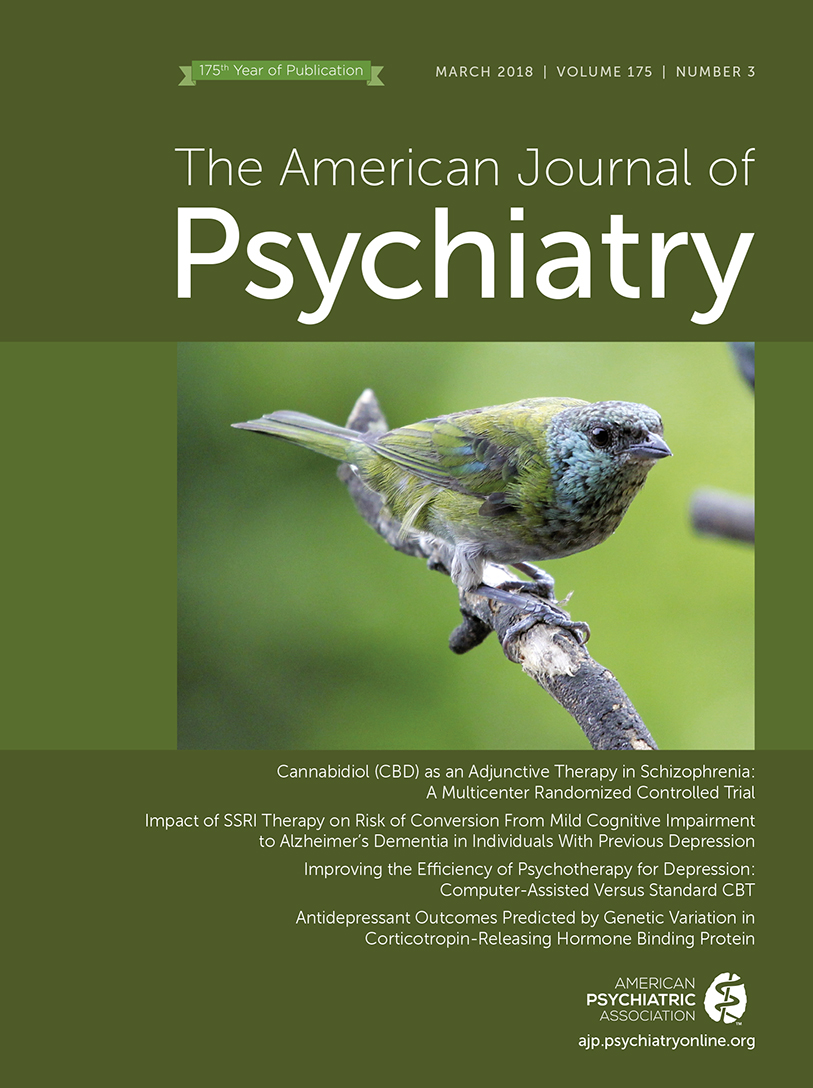I was excited to learn of the recent publication of
Treating Sleep Problems: A Transdiagnostic Approach, by Allison Harvey, Ph.D., and Dan Buysse, M.D., and pleased to have the invitation to review it as an incentive for not delaying a thorough reading. My enthusiasm relates to appreciation of the substantial and durable contributions of both authors to the insomnia treatment literature; their respective contributions have been empirical and pragmatic, and neither author’s work has appeared biased by allegiances to specific theories or philosophies of treatment.
Treating Sleep Problems maintains a balanced perspective in presenting a comprehensive behavioral treatment approach for sleep and circadian problems. The foundation for the approach emphasizes an emerging paradigm of achieving “sleep health” as opposed to only ameliorating the symptoms of a disorder. This paradigm emphasizes the critical influence of sleep health on overall health. An introductory chapter outlines what the authors posit to be the multidimensional components of sleep health. The approach is also transdiagnostic. Background information indicates that the treatment was developed in the context of intervention development for insomnia occurring with bipolar mood disorders, which can present complex treatment challenges. In addressing complexity, modular components were developed for flexible use, and these can be applied to address sleep and/or circadian problems as single diagnoses or co-occurring with psychiatric disorders and/or general medical conditions. There is even a module for addressing compliance with continuous positive airway pressure (CPAP) therapy for sleep apnea. A “cross-cutting” (i.e., not specific to insomnia treatment) module addresses motivation and goal setting. Core modules address sleep regularity, optimizing daytime function (independently of improving sleep), and another module closely corresponds to the cognitive component of cognitive-behavioral therapy for insomnia (
1), “correcting unhelpful sleep-related beliefs.” Topics of the optional modules include addressing circadian dysregulation and CPAP compliance as noted, as well as approaches incorporating principles from stimulus control therapy (
2) for improving sleep duration and efficiency. An additional module is included on decreasing sleep-related worries and vigilance that is distinct from the module on correcting unhelpful beliefs. Although the approaches do include enhancing awareness of unhelpful thoughts and beliefs, recommendations go beyond disputation and include setting aside “worry time” prior to presleep rituals and the use of imagery as a helpful form of distraction. The authors address vigilance in the context of sleep monitoring. Vigilance that is more environmentally oriented, with concerns about loss of vigilance and safety, has recently been recognized to accompany posttraumatic stress disorder (
3) and to be engendered by stressful neighborhood environments (
4). This type of sleep-related vigilance is not addressed in
Treating Sleep Problems and needs to be considered in future research and treatment development.


